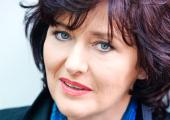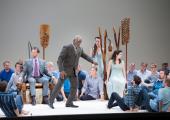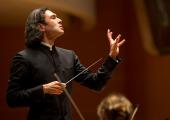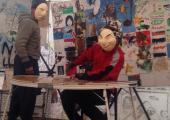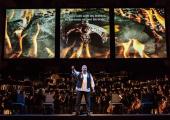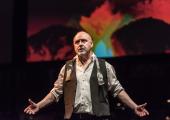Zehetmair, LPO, Jurowski, RFH
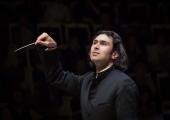
A trio of modernist magpies sing in strident harmony
This is how new and modern music should be done. In the London Philharmonic, we had an orchestra well-prepared to meet technical challenges and resolved to making sense from them. Vladimir Jurowski is a conductor who places faith in composers and audiences, who can welcome listeners and guide them through the evening as a congenial master of ceremonies rather than dessicated college lecturer.

